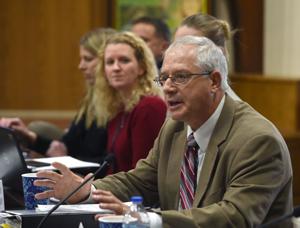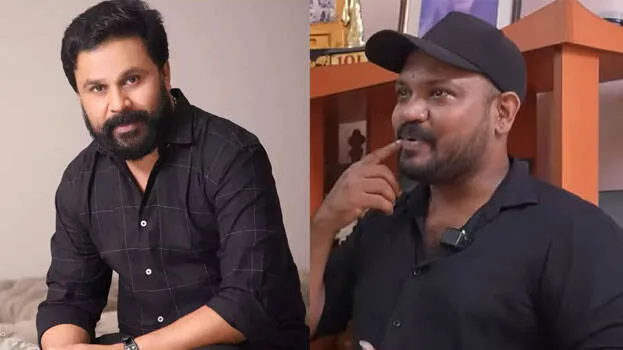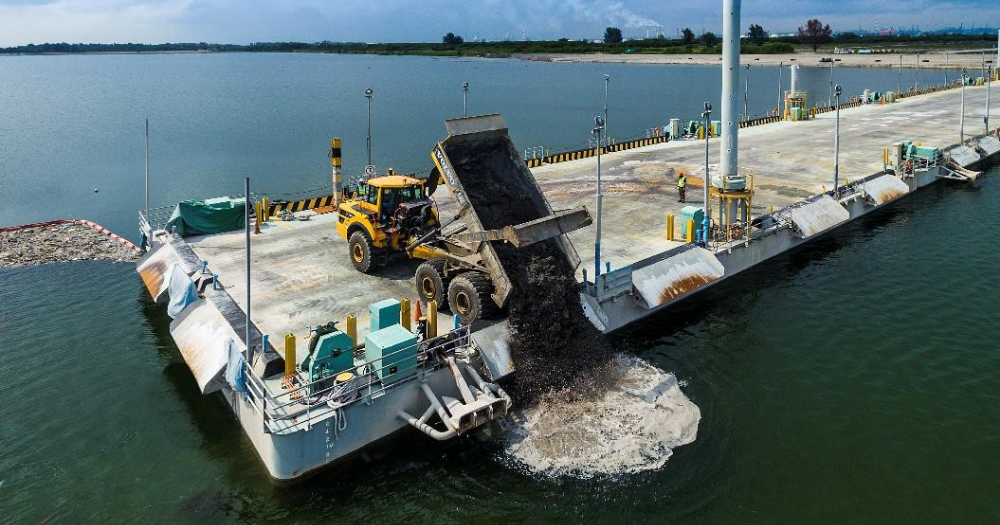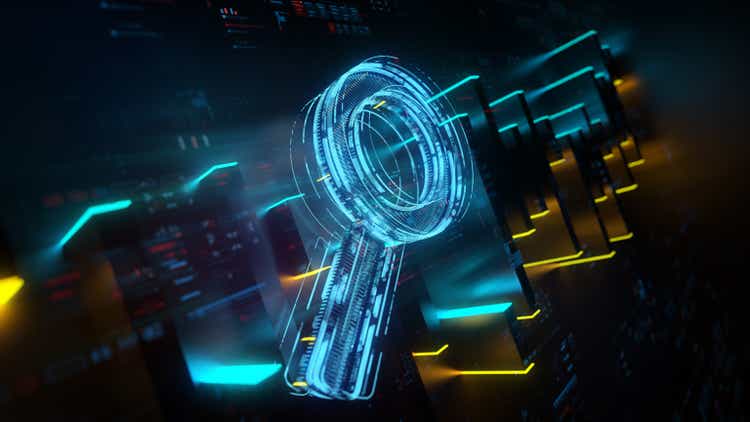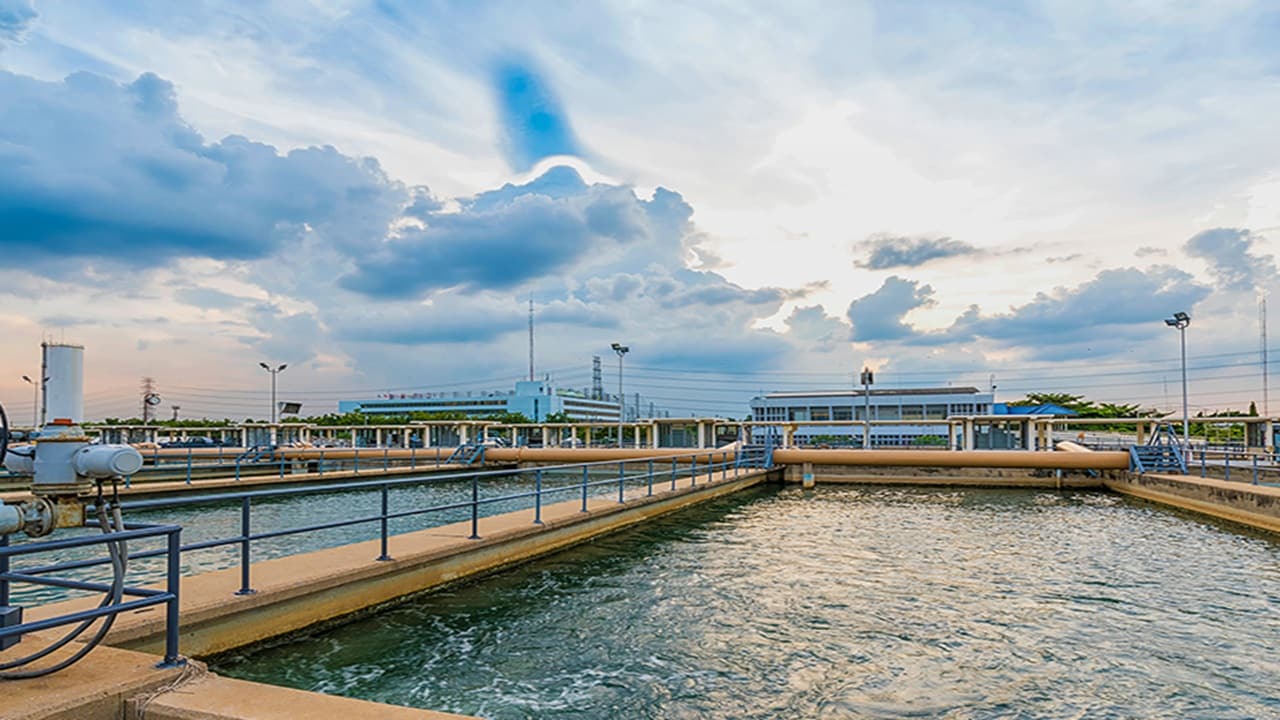
N igeria’s democratization process has come full cycle in the fourth republic. From 1999, we have witnessed a successful transition from one election in 1999 to another in 2003 by the same President. There was a successful transition from one government to another government in 2007 but the same political party.
In 2015, Nigeria completed the cycle by transitioning from one government to another government of a different political party. That marked the first time an opposition party defeated an incumbent party in Nigeria. Although, these achievements do not signify the presence of successful elections, they signify that despite all our challenges and imperfections in the conduct of our elections, anything is possible, especially if the opposition parties rise up to the challenge of eternal vigilance, which is a condition sine qua non for the sustenance of democracy and the development of the society.

President Bola Tinubu There’s no doubt that the primary agencies of electoral administration, particularly the Independent National Electoral Commission (INEC) and the political parties have been awful in their attitude to electoral governance, but most of these inadequacies were still available in the system when the opposition All Progressives Congress (APC) defeated the ruling Peoples Democratic Party (PDP) in the presidential election of 2015. Indeed, there was an allegation that the Kano State Resident Electoral Commissioner and his family were burnt in 2015 to cover up the rigging that took place in Kano State. The presidential election result of Rivers State was also subject of controversy at the presidential election collation centre in Abuja because of the humongous election result figure that emanated from the state.
This is a testimony that although we have been having transitions from one government to the other through elections, we have not had democracy yet. Elections are democratic if they are free, fair, credible, participatory, and legitimate. This gives credence to the aphorism that while you can have elections without democracy, you cannot have democracy without elections.
Under this kind of situation of lack of free, fair, and credible elections, the destiny and survival of democracy lies in the cohesion and vigilance of the opposition parties, rather than the expectations of efficient electoral administration by the electoral management body, in this case, the INEC. I find it absurd to hear opposition parties plead with President Tinubu to interfere or intervene on their behalf on matters they have with APC. The President is a partisan politician that is in office to foster the interest of his party.
Before the flawed Edo State gubernatorial election, President Tinubu addressed APC supporters of Edo State and assured them he was going to deliver Edo to them and he did. Would it not be ridiculous for the opposition parties to plead to the same President to assist them to win their cases at the tribunal or assist them in commanding the security agencies to act on their behalf in the event of any misbehaviour of the President’s party members. Tinubu himself played in the opposition from 1999 till 2015, before becoming President in 2023.
The current opposition parties should understudy him and take their cue on how to defeat an incumbent in a country where electoral governance has been acutely corrupted by a highly compromised INEC. Tinubu made it clear that becoming Nigeria President was his life long ambition. Whatever anyone may say about his nebulous origin, school certificates, business deals, the truth is that he is the de facto President of Nigeria, therefore his emergence, despite all these baggages, deserves to be examined.
He became Governor of Lagos State in 1999. After 2003, he was the only AD governor that survived from the South-West. PDP snatched the other five states from AD.
Tinubu achieved this by using Atiku Abubakar, Obasanjo’s deputy, against Obasanjo. Atiku told us that he restrained President Obasanjo from removing Tinubu. So, Tinubu as an opposition politician divided the ruling party rather than the other way round.
The truth of the political romance between Atiku and Tinubu in 2003 was confirmed in 2007 when Atiku and Tinubu teamed up to contest against Obasanjo’s candidate, Umaru Yar’Adua. Atiku unfortunately sidelined Tinubu by rejecting Tinubu’s request to be Atiku’s running mate in the election. Obviously, Atiku made a mistake by rejecting Tinubu’s offer without ceding the right to appoint another person to occupy the position.
Tinubu simply collapsed Atiku in the South-West thereby ceding victory to Yar’Adua. Tinubu wanted an alliance with Buhari in 2011, but Buhari repeated the same mistake of Atiku by not accepting to cede the position of the deputy to Tinubu or allow him to choose another person. Tinubu offered his loyalty to Jonathan and collapsed Buhari in the South-West.
Jonathan wanted to appoint him as the Minister of Finance, but his aides advised him against accepting it because of his presidential ambition. He rejected it. Compare this with the attitude of present day opposition party members who are accepting positions in Tinubu’s regime and hoping to still be President of Nigeria after that.
Tinubu, rather, formed alliance with Tambuwal to make him the Speaker of the House of Representatives against the zoning formula of the PDP which ceded the post to the South-West, and specifically to Mulikat Akande. Tinubu used Tambuwal extensively to destabilise the PDP throughout the regime of Jonathan. He created the impression to Tambuwal that Tambuwal can be President with his help.
In order to consolidate his base for his presidential ambition, Tinubu led other opposition parties into a merger that saw ACN, ANPP, CPC, Faction of APGA, and the New PDP (NPDP), made up of the dissidents from the ruling party. Tinubu also created the impression to the PDP’s governors who became part of the NPDP that they can become President if they joined APC. Indeed Tambuwal, who sniffs power like shark sniffs blood, and the governors fell for it wholly and even defected to APC to contest the presidency of Nigeria.
Tinubu maximised the opportunity and went back to Daura, dusted Buhari, and brought him back to take the presidential ticket of the APC. Tambuwal was dumped to settle for Sokoto APC governorship ticket. Other governorship candidates from PDP and Atiku failed to get the presidential ticket of APC.
Buhari was more experienced then. Though he rejected Tinubu as his vice presidential candidate, he ceded the position to him to choose any Christian of his choice to be vice president. Tinubu chose Prof Yemi Osinbajo.
There was only one section of the democratic force yet to be swayed over – the people. With powerful media team, Tinubu was able to capitalise on the security challenges in the North-East to convince Nigerian people that Jonathan was clueless. In addition, when Jonathan increased fuel price from N65 to about N95, Tinubu assembled the whole people of Nigeria against the increase and convinced Nigerians that APC was for their interest.
With everything on his side, he was smart enough to understand that the mood of the country, particularly the north, after the death of Yar’Adua while in office, was that power should return to the north. He supported Buhari, who had cult followership in the north then, to pick the ticket of APC in 2015. He didn’t insist that he should be the nominee even with all the levers of power of APC with him.
Contrast this with Atiku’s insistence that he would be the presidential candidate of PDP even when it was the turn of the south to produce the presidential candidate. All in all, the APC won the 2015 election even before it was held. Chibuike Rotimi Amaechi threatened that if their victory was stolen, they would declare a parallel government.
APC succeeded in discrediting, and destabilising the ruling party. Even Obasanjo became one of their spokespersons through his letter writing. All our electoral inadequacies were available that time.
Our electoral laws were even more archaic because electronic transmission of results or electronic registration of voters had not been recognised by law, yet the opposition parties defeated the incumbent ruling party, through sheer industry, inclusivity, sacrifice, cohesion, ingenuity, doggedness, bravery and what have you. The opposition parties today lack these qualities and are busy eating from the crumbs that fall off the corrupt table of the ruling APC. Until they begin to organise and not agonise, to unite rather than disunite, they will not make headway.
They are dealing with a Tinubu that overwhelmed the system as a citizen and became President, much more now he is President. They should start with insisting on electoral law amendments to reflect current electronic realities. Fight to ensure that they mobilise Nigerians to defend their votes and inspire them through leading protests to fight for good governance.
Insist on INEC being composed of non-partisan men of integrity, and the sacking of corrupt ones. Waiting for a sitting partisan President to help the opposition is like appealing to the devil to discipline the demons. If they lack strategy, they should borrow a leaf from Tinubu’s script on how to defeat an incumbent.
.



